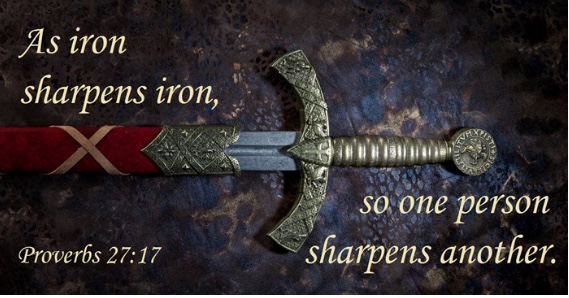Illustrative Debate of Whether We Should Trust Mainstream Media.”
I have long enjoyed listening to Malcolm Gladwell's podcasts and reading his books. However, my respect for him fell precipitously after reading the words he spoke at the Recent Munk debate in Toronto [Munk Transcript] Tara Henley reports, in her article, "An astonishing Munk debate in Toronto, Matt Taibbi and Douglas Murray's landslide, Malcolm Gladwell and Michelle Goldberg's mendacity - and five reasons why trust in the mainstream media is so low":
At the beginning of the event, the crowd was split 48 percent to 52 percent in favour of the resolution. By night’s end, a full 67 percent agreed that the mainstream media should not be trusted and only 33 percent disagreed. This is a 39 percent vote gain.So, what exactly happened here?
Let’s unpack the specific tendencies that Gladwell and Goldberg exhibited that I believe swayed the audience — that, in fact, show up regularly in the mainstream press.
The first of these tendencies is mendacity.
The public is not stupid, and people get it when arguments are made in bad faith....
The second tendency on display is self-absorption.
While both Taibbi and Murray focused their arguments on the impacts of media failures on society as a whole, it was telling that Malcolm Gladwell largely focused his arguments on himself....
The third tendency is a demonstration of ideological capture.
The fact that Malcolm Gladwell fell back on arguments around a lack of diversity in the press — on a stage occupied by Taibbi, a Black man, a gay man, and a woman — signaled allegiance to a particular political project....
The pervasiveness of this political ideology within the press corps is a problem, and something that I hear complaints from the public about constantly.



